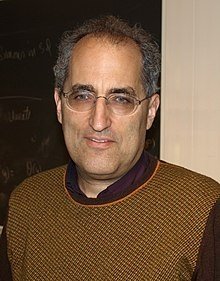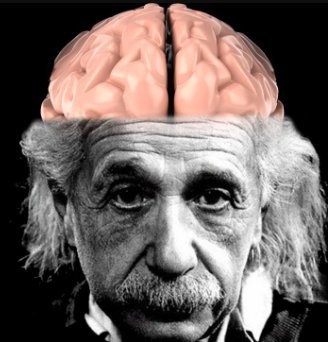Ed Witten stands as a towering figure in the realm of physics and mathematics, a polymath whose contributions transcend boundaries. Renowned for his expertise in string theory, quantum gravity, supersymmetry, and various facets of mathematical physics, Witten’s impact extends far beyond his field.

His scholarly achievements are underscored by the prestigious Fields Medal he received in 1990, a recognition akin to the Nobel Prize in science. Notably, his accolades span a vast spectrum of awards, a testament to his exceptional intellect and contributions. Among these honors are the MacArthur Grant (1982), the American Academy of Achievement (1997), the Nemmers Prize in Mathematics (2000), the National Medal of Science (2002), the Pythagoras Award (2005), the Henri Poincare Prize (2006), the Lorentz Medal (2010), the Isaac Newton Medal (2010), and the Fundamental Physics Prize (2012), among others.
Witten’s trajectory into physics and mathematics was a departure from his initial career path as a journalist and political writer. He even ventured into political campaigns, notably contributing to George McGovern’s presidential campaign in 1972 before shifting his focus to the scientific realm.
His groundbreaking work predominantly resides in theoretical physics, characterized by its depth and complexity. Many of his theories and concepts exist in realms so abstract and advanced that their experimental verification poses an enduring challenge. Consequently, the full scope and profoundness of his enduring contributions may take an extended period to be fully appreciated.
Ed Witten’s indelible mark on the landscape of physics and mathematics, coupled with his far-reaching accolades, solidify his position as a luminary whose intellectual prowess continues to shape and redefine our understanding of the fundamental aspects of the universe.
